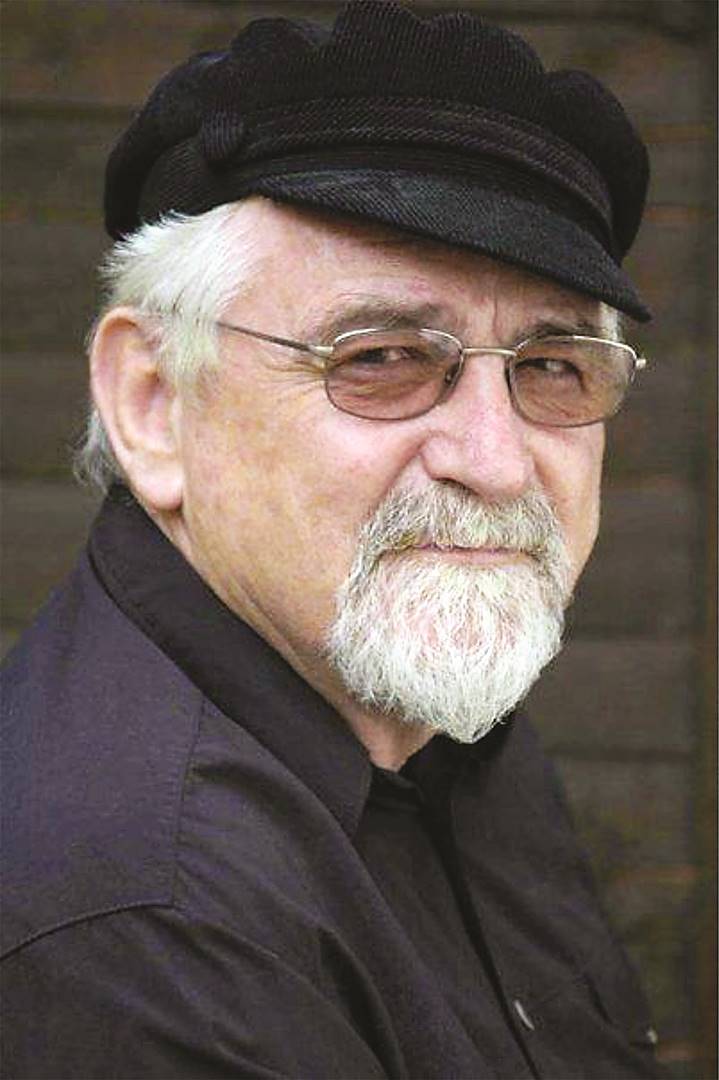
We live with endemic corruption. Not just in South Africa.
Corrupt practices are a global phenomenon that have contributed largely to the growth of inequality; to obscene wealth on one hand and, equally, to obscene poverty on the other.
State capture is only one aspect of crooks holding citizens and governments to ransom.
As noted at the UN last year, the financial regulations put in place after the 2008 global financial crisis struck have been scaled back – indicative of what was seen as “regulatory capture” by “powerful financial lobbies”.
Yet the labour movement and most populations tend to see corruption – usually on a parochial, national level – only in the crude sense of fingers in the tills of the state or of local private companies; of crooked tenders, bribery and other backhanders.
But perhaps the greatest cash heists come in the form of tax evasion.
Both forms of corruption tend to harm most or all the poorest of the poor – wealth filched from national coffers means less cash available for social spending, even by a reasonably honest government.
National coffers, of course, rely on taxes, mostly based on levels of personal income and on corporate profits.
It is here that one of the greatest rip-offs is found.
Not only have corporates globally seen their tax rates decline – in South Africa from 45% to 28% – but as the global economic crisis continues to bite, business lobbies have intensified their pressure on governments.
Rich individuals and companies have also stashed huge amounts of wealth in tax havens.
Read: All corruption does is entrench poverty
Corporate taxes globally have been lowered to the extent that working people generally – as in South Africa – provide the bulk of tax money to the fiscus.
This has led to complaints by higher-paid sellers of labour, who mostly see themselves – and are usually classed – as “middle class”.
They feel that they unfairly bear the biggest tax burden.
They do not. Proportionately, the poorest do.
This is because rich and poor alike pay the same 15% VAT rate on most goods and services.
The same applies to fuel levies and price hikes at the pumps, with the working poor, who have to, on average, travel further to work, bearing a disproportionate burden in increased fares.
But all are disadvantaged by the fact that many – perhaps most – corporations and extremely rich individuals do not honour even their highly preferential tax obligations.
All probably use every available legal loophole – and there are many – to pay as little tax as possible, and many cross that legal line into tax evasion.
According to the International Tax Justice Network, R45 trillion is lost worldwide to this practice every year.
And this does not include the massive property holdings and investments in everything from race horses and superyachts to artworks owned by secretive trusts and foundations in tax havens.
Read: Editorial: Myolwa school is a case study in corruption
These financial hideaways, such as the Bahamas and Caribbean island states, rely on the inflows of such stolen wealth to maintain themselves.
This is a global reality of which we are a part and it was spelt out clearly at an ecumenical workshop, organised by local mainstream church groups, held in KwaZulu-Natal last week.
It was highlighted that the capital flows into private pockets – the theft through tax evasion – of the rich around the world.
South Africa is no exception and this should be a wake-up call, especially for organised labour.
Within the existing economic system, it is impossible to refute the claim by Church Action for Tax Justice that taxation is perhaps the most important tool for sharing wealth equitably.
But it also requires a government free of looters.




 Publications
Publications
 Partners
Partners








